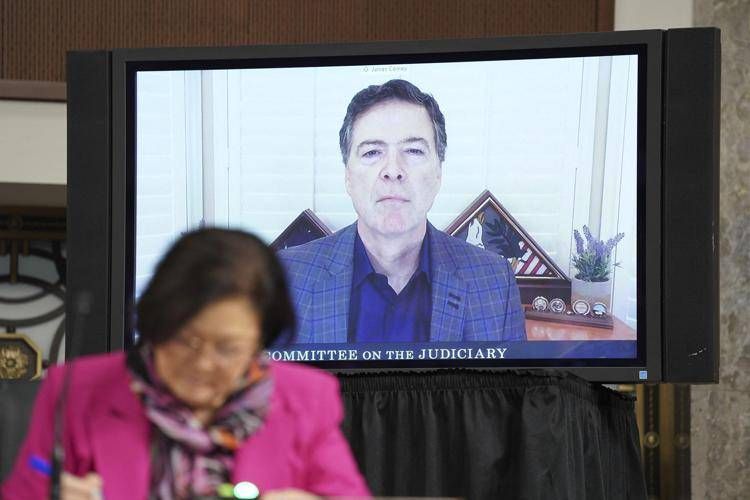
Pretending to be Trump’s chief of staff: alarm over fraudulent phone calls and text messages
-


Meloni-Onu: “Russia e Israele oltre il limite, servono regole nuove”
-


Roma, arrestato trentenne: 70 kg di droga nascosti in auto “caveau” VIDEO
-


Tromba d’aria spiaggia di Maccarese: ombrelloni in volo, panico tra i bagnanti VIDEO
-


Cima Falkner si sgretola, vietati sentieri e vie alpinistiche nel Brenta VIDEO
Someone pretended to be Susie Wiles, Trump’s advisor, to contact politicians and managers. The FBI is investigating a possible cyberattack
The White House is grappling with a serious case of impersonation: someone pretended to be Susie Wiles, current chief of staff and key figure in President Donald Trump’s entourage, sending fraudulent phone calls and messages to senators, governors and business executives. This was reported by the Wall Street Journal, according to which the scam has been developing over the last few weeks, causing alarm among American political and business leaders.
Fake phone calls and AI: suspicion of a targeted attack
The impostor allegedly used sophisticated systems to send text messages and make calls imitating Wiles’ voice. However, the calls did not appear to originate from the adviser’s number. Government officials believe that artificial intelligence was likely used to reproduce her voice and increase the credibility of the hoax.
Susie Wiles, former head of Trump’s presidential campaign and now the first woman to hold the role of White House chief of staff, reportedly reported a possible hacker attack on her mobile phone address book, according to sources cited by the newspaper.
The FBI is investigating: no foreign involvement is suspected
‘The administration takes the issue of cybersecurity for all staff very seriously,’ said a White House spokeswoman. The FBI has launched an investigation and, at this time, does not believe that a foreign state is behind the attack. This was also confirmed by Kash Patel, head of the Bureau: ‘Protecting the ability of our Administration’s officials to communicate securely is a top priority.’
The case reignites concerns about the vulnerabilities and risks associated with new technologies, with artificial intelligence increasingly being used for disinformation and fraud.
THE LATEST NEWS
(Photo: © AndKronos)















